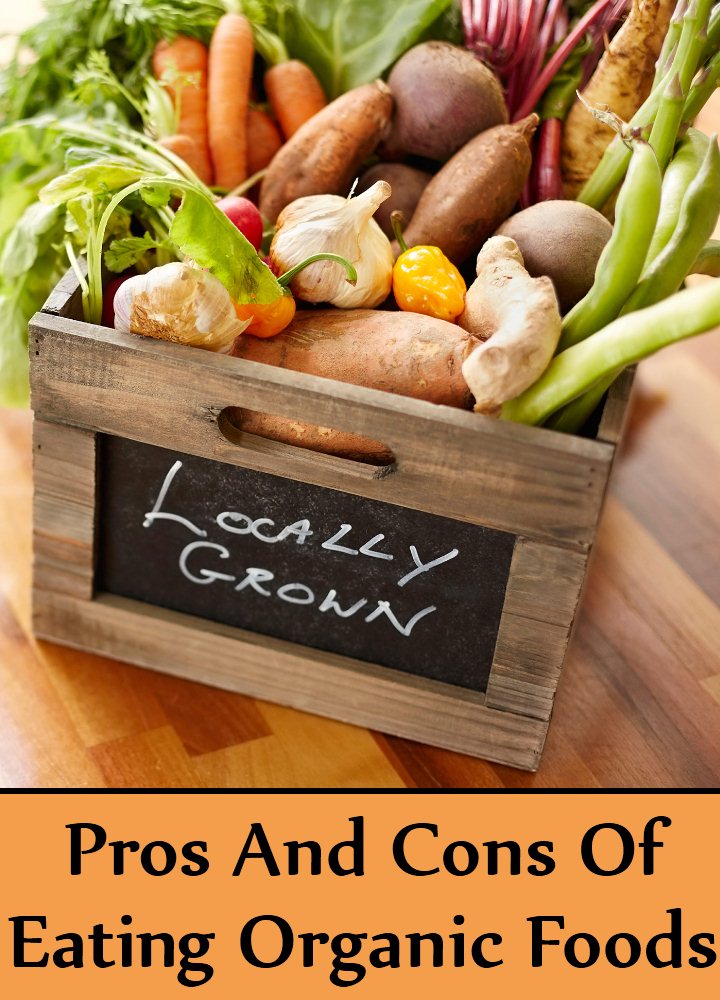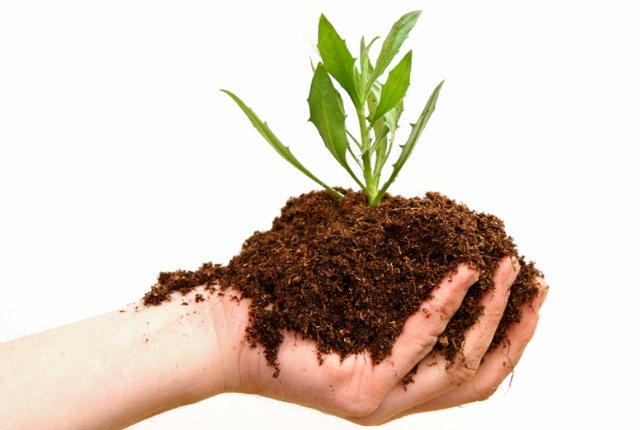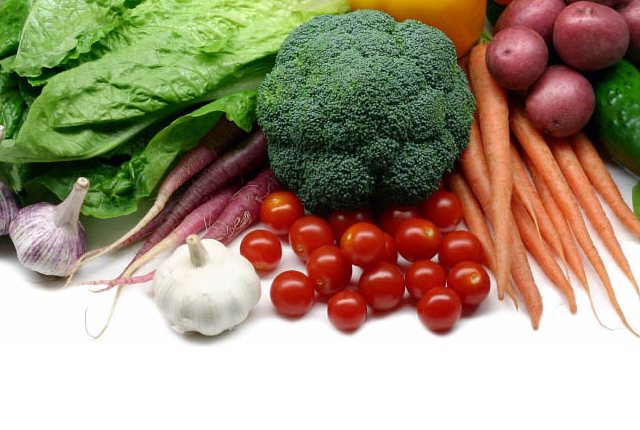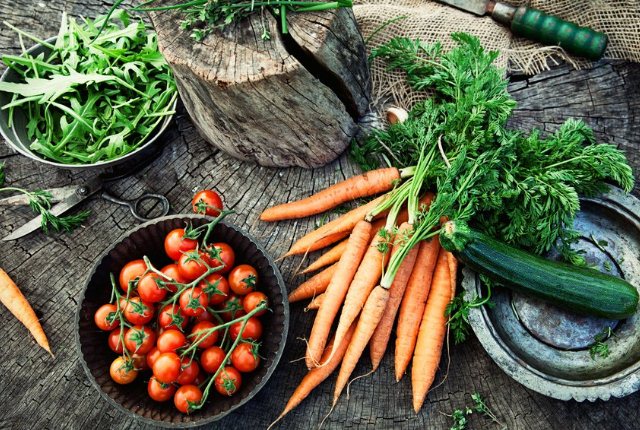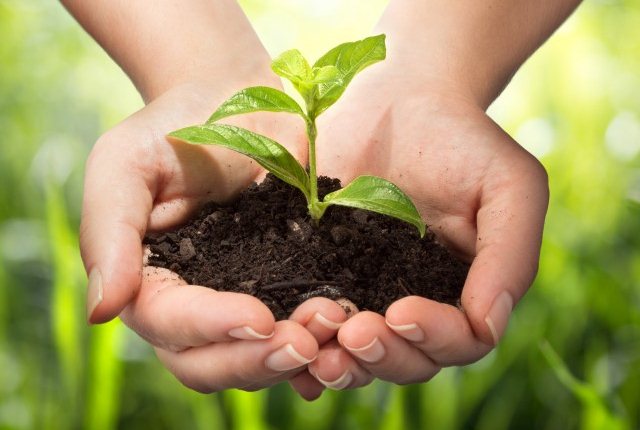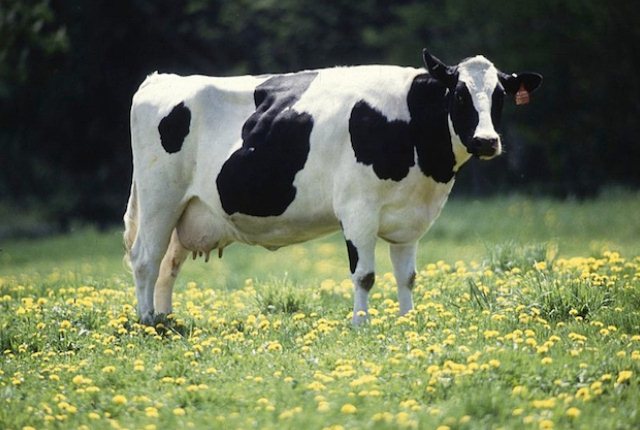Table of Contents
Organic food includes food items for consumption which have been grown without addition of any harmful chemicals or hormones or any other synthetic additives; These food items can include fruits, vegetables, dairy items, poultry, meat etc. On the other hand, the conventional foods utilize growth hormones, chemical pesticides and fertilisers during production and harvesting. The organic food is grown basically with the help of simple conventional pesticides; sewage is used as a form of fertilisers. Organic farming is basically a green eco-friendly form of food production which has tremendous benefits that should be explored. There are also a number of codes for organic farming which must be considered and followed during production of organic food items.
Before deciding whether to include these organic food items in our diet let us have a look at 10 pros and 10 cons of organic foods.
Pros Of Eating Organic Food:
1. Use Of Natural Fertilisers
Conventional farming or dairy practices utilise harsh chemicals as pesticides or fertiliser; these may seep into the food as well as meat, dairy ultimately reaching our body. The organic foods are free from any such harmful chemicals and is thus free from any chemicals or animal/ plant hormones.
2. Fresh Food
Since the organic food items are free of synthetic chemicals; they feel and taste fresh. Organic farming practices help in maintaining the soil’s flora which indirectly contributes towards increased freshness levels. Similarly, for meat, milk or dairy production, the livestock is given a diet which is free from chemicals and various hormones thereby increasing the freshness and nutritional value.
3. GMO Free Food
Organic foods are known to be free of GMOs (genetically modified organisms) which again helps in keeping the food fresh and free of any contaminants or chemicals.
4. Environmental Benefits
Conventional food production practices usually release high level of toxic chemicals as waste; thereby creating ecological imbalance and causing harm to the nature. Since the use of chemicals and hormones is reduced or made negligible while production of organic food the soil, water etc remains free of chemicals and toxins; thus maintaining its quality and yield.
5. Natural Methods Of Pest Control Used
In conventional food production practice, chemicals are used for removing any weed or dead plants; this at times also affects the main crop. The weed removal while growing organic foods utilises natural, chemical free options. In addition to that the pest control methods used are free of chemicals which otherwise is known to be very harmful especially for pregnant ladies and children. One of the most important reasons to choose organic foods is that they are almost free of chemical pesticides which can harm the body.
6. Livestock Receives Pure Organic Hormone Free Diet
The conventional food production involves injecting growth hormones to the cattle and livestock in order to increase yield which must match the demand. These growth hormones usually tend to seep into the milk and animal flesh which is ultimately consumed by the humans. Organic food produce is free of these growth hormones and the livestock used also receives fresh and pure organic feed.
Cons Of Eating Organic Food:
7. Expensive
Although organic food is fresher, healthier and free of chemicals and so on; it is expensive as compared to the conventional food items which makes it less preferred option for the masses. These organic variants also tend to be expensive since their transportation requires utmost care and control.
8. Hard To Find
The concept of organic foods is still new and naïve in many parts of the world; not everyone is aware of its benefits. Although it is clear the now-a-days the availability of organic food has increased exponentially; however still there is a lot of shortage of these organic foods. They are hard to find in the general stores or smaller supermarkets, which makes it difficult to access; thereby reducing mass use.
9. Small Production; Lest Quantity
Since we know that organic food production does not utilise chemicals or growth hormones; it must be understood that the yield growth is slow and less in quantity. The small scale production brings down market availability and thus difficult procurement by the masses.
10. Short Shelf Life
The organic food items have a short shelf life since no chemicals are utilised during their production. This makes them vulnerable to pests, organisms etc. thereby reducing their shelf life. A solution for this is to stock and store moderate quantities and avoids bulk storage.
There is no doubt that organic foods are the most healthier ones. Apart from being healthier it has got some cons as well. Now it totally depends on you whether you want to go for it or not.
Caution: Please use Home Remedies after Proper Research and Guidance. You accept that you are following any advice at your own risk and will properly research or consult healthcare professional.

